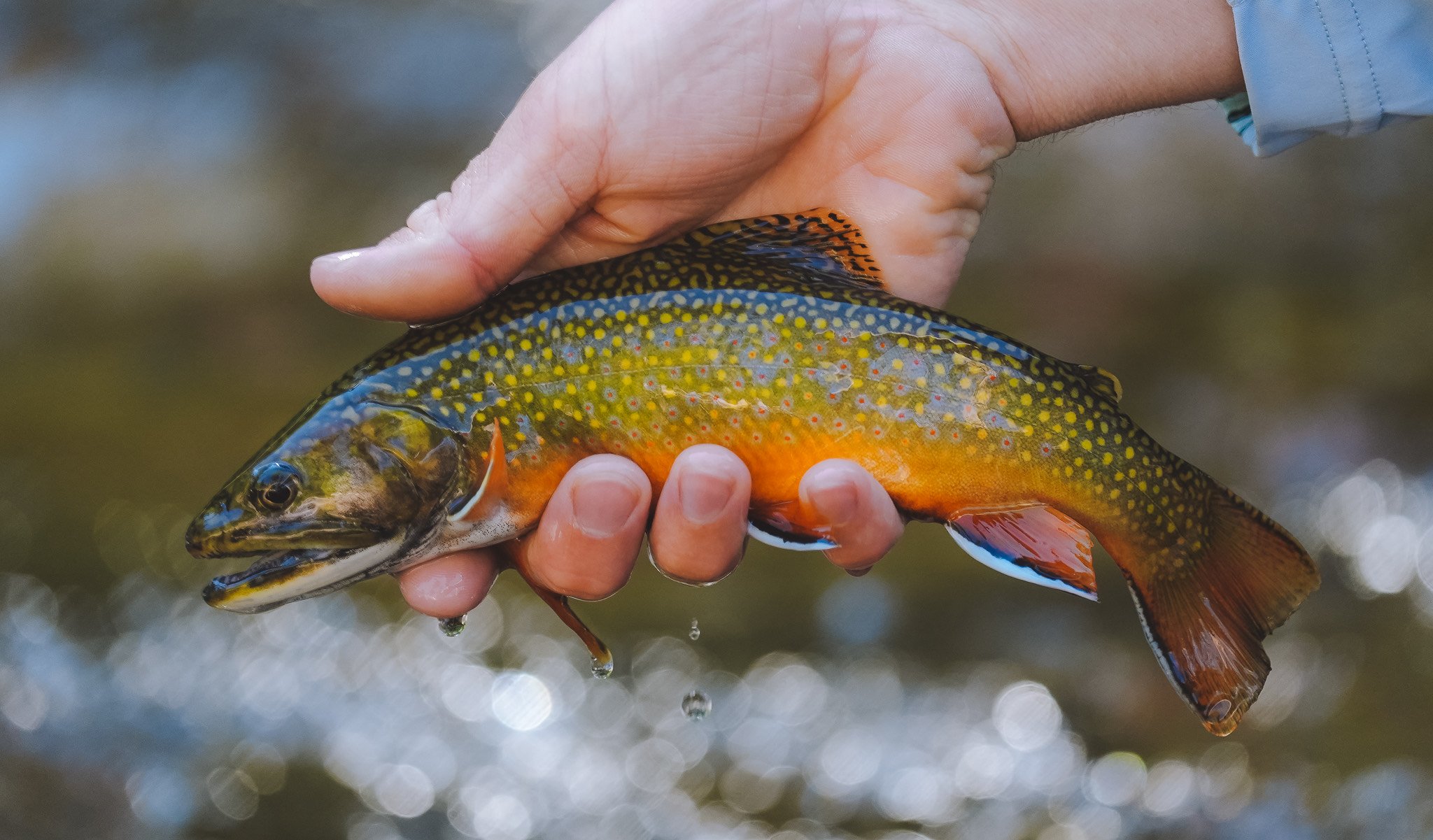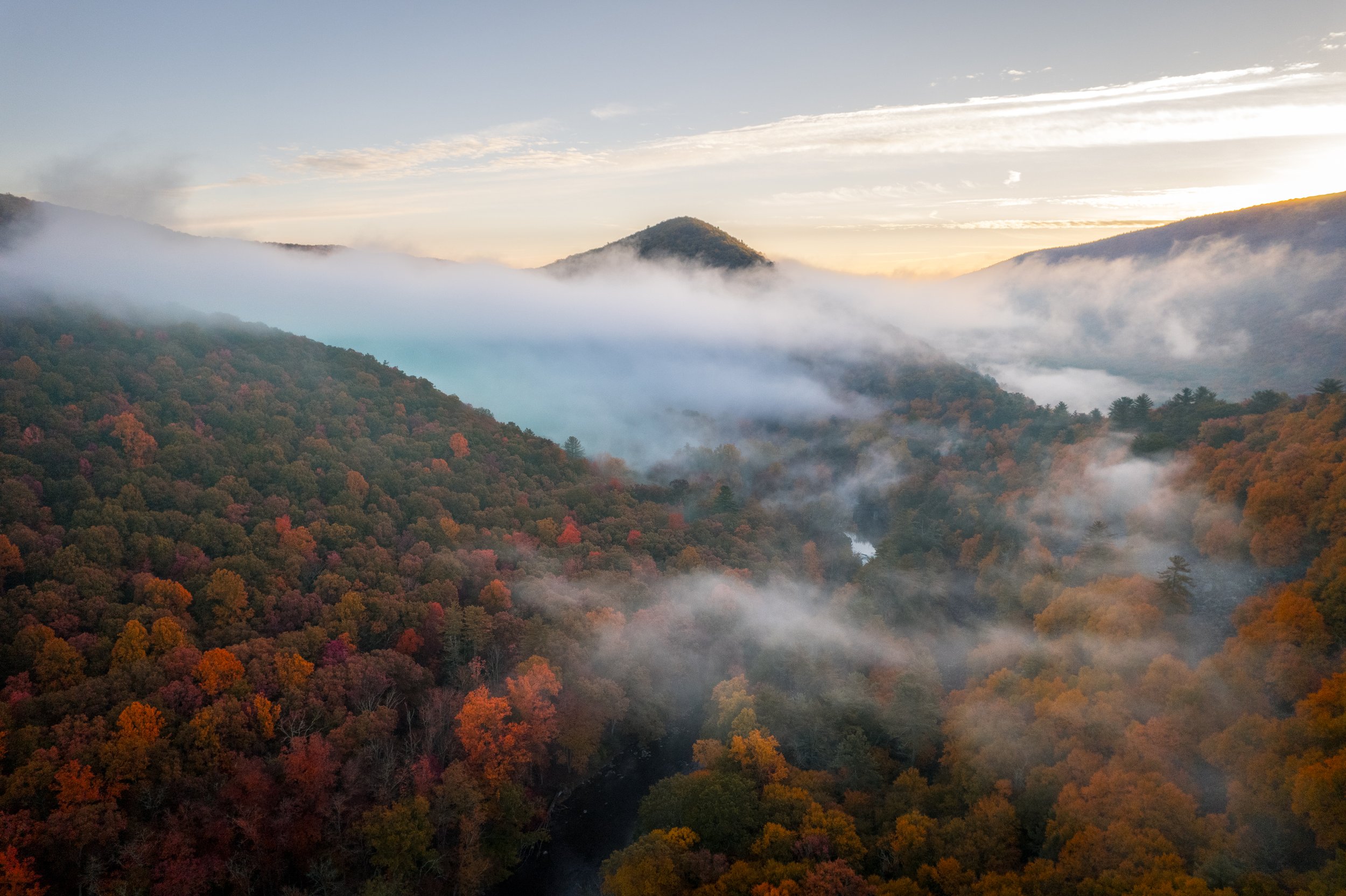How Fly Fishing is Combating Climate Change
Growing up, we've always had a deep passion for two things: nature and stories. These passions led us discover fly fishing, an activity that not only connects us deeply with the environment but also tells a compelling story about how our individual actions can contribute to something much larger. Fly fishing is not just a serene pastime but a powerful tool in the fight against climate change.
In our travels, we've met countless fly anglers who are deeply committed to conservation. These individuals aren’t just fishing; they're restoring rivers, planting trees along riparian zones, and cleaning up waterways. These efforts play a crucial role in carbon sequestration and maintaining healthy ecosystems. It's a story of hands-on environmentalism, where every tree planted and every river cleaned up contributes to a larger narrative of climate resilience.
One of the most inspiring aspects of fly fishing is its emphasis on sustainable practices. Catch-and-release, barb pinching, and proper fish handling ethics are all widely adopted by fly anglers, and they help to maintain fish populations that ensure the ecological balance of our waters. These practices are a testament to a deep respect for nature and a recognition of our role in preserving it. Fly fishing is a story of sustainable interaction with our environment, where the joy of fishing is coupled with the responsibility of conservation.
Fly anglers are also some of the most passionate advocates for environmental protection we've ever met. They use their platforms to raise awareness about the importance of clean water and healthy ecosystems, bringing attention to the impacts of climate change on our aquatic environments. This advocacy work is crucial—it’s about telling the story of our planet’s health and rallying support for policies and initiatives that reduce carbon emissions and protect natural resources.
Moreover, fly fishing supports local economies through ecotourism. Communities that thrive on ecotourism are more likely to invest in preserving their natural landscapes. This economic model shifts the focus from destructive industries to sustainable practices, reinforcing the idea that protecting our environment can also be economically beneficial. It's a story of hope, where local prosperity and environmental conservation go hand in hand.
At its core, fly fishing fosters a profound connection to nature. Those who engage in this practice often develop a deep love and respect for the natural world. This connection is the foundation of environmental stewardship. As we've learned through our work in environmental communication and filmmaking, people need to feel a true connection to what they're being shown. Fly fishing helps build that connection, making the impacts of climate change personal and immediate.
“We cannot protect something we do not love, we cannot love what we do not know, and we cannot know what we do not see.”
So, the next time you pick up a fly rod, remember that you’re part of a much larger story. It’s a story of conservation, sustainability, and a deep, abiding love for our planet. Fly fishing isn’t just about the fish; it’s about protecting the world we live in. Through this simple, yet profound activity, we can all play a part in the fight against climate change.





